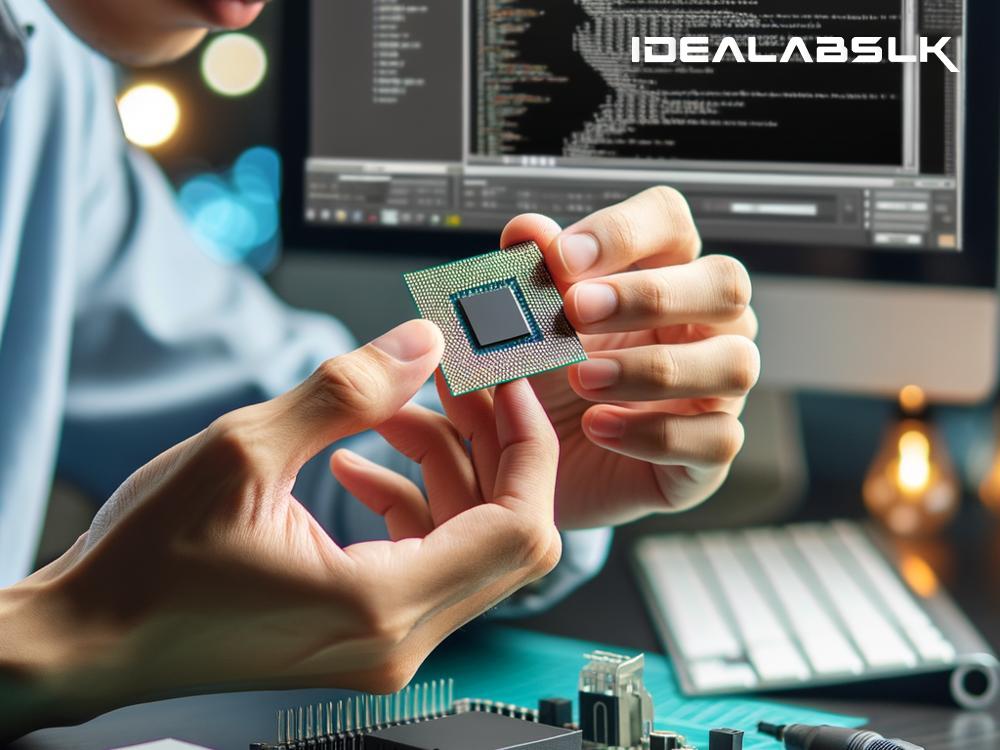Simplifying the Role of Embedded Operating Systems
When we talk about operating systems (OS), most of us think about the familiar faces like Windows, macOS, or Android that power our laptops and smartphones. However, there's a world of operating systems that often flies under the radar yet plays a crucial role in our daily lives: Embedded Operating Systems. These hidden workhorses are everywhere, from household appliances like microwaves and washing machines to complex systems like automobiles and industrial machines. Today, we'll simplify what embedded operating systems are and explore their significant role in the digital world.
What is an Embedded Operating System?
Imagine a tiny, invisible conductor orchestrating the symphony of operations within electronic devices, ensuring everything runs smoothly and efficiently. That's an embedded operating system for you. It's a specialized OS designed to manage and control the functions of non-computer devices. Unlike general-purpose operating systems like Windows or iOS, embedded operating systems are tailor-made for specific tasks and are optimized for the particular hardware they run on.
The Heartbeat of Modern Devices
Embedded operating systems are the heartbeat of millions of devices we interact with daily. They ensure that your coffee maker brews your coffee just right, that your car's brake system reacts in milliseconds, or that a pacemaker accurately monitors and adjusts your heartbeat. These systems are designed to be incredibly reliable, as they often perform critical tasks that require precision and consistency.
Characteristics of Embedded Operating Systems
Here are a few key features that distinguish embedded operating systems from their general-purpose counterparts:
- Real-time operation: Many embedded devices need to respond to inputs immediately (in real-time). For instance, the OS in an airbag system must deploy the airbag the moment a collision is detected. Embedded OSes are engineered to meet these stringent timing requirements.
- Efficiency: Since they're designed for specific tasks, embedded operating systems are stripped of any unnecessary features, making them lean and efficient. This efficiency is vital for devices with limited processing power or those that need to conserve battery life.
- Stability and reliability: Imagine if your car's dashboard system crashed as often as some computers do. Embedded systems need to run for extended periods without failure, which is why they are built to be stable and reliable.
- Small footprint: Embedded operating systems are optimized to take up minimal space, both in terms of physical size and memory usage. This is crucial for devices with limited storage or those that need to be compact.
The Role of Embedded Operating Systems
The roles of embedded operating systems are as diverse as the devices they power. Here are a few examples to illustrate their importance:
- Enabling smart homes and appliances: With the rise of the Internet of Things (IoT), more household items are becoming "smart." Embedded operating systems are the brains behind these devices, allowing your fridge to send you a shopping list or your thermostat to learn your preferences.
- Powering automotive innovations: Modern cars are essentially computers on wheels, thanks to embedded operating systems. They manage everything from engine control and fuel efficiency to infotainment systems and safety features.
- Facilitating industrial automation: In factories and industrial settings, embedded operating systems help automate complex tasks, increasing efficiency and safety. They play a pivotal role in robotics, machinery control, and monitoring systems.
- Advancing healthcare technology: Embedded operating systems are at the heart of many medical devices, from portable blood glucose monitors to sophisticated MRI machines. They help ensure these devices operate with the precision and reliability that healthcare demands.
The Future of Embedded Operating Systems
As technology continues to advance, the role of embedded operating systems will only grow. We're entering an era where the line between digital and physical worlds blurs, leading to more interconnected and intelligent devices. Embedded operating systems will be key in driving innovations in areas like autonomous vehicles, smart cities, and even wearable technology.
Wrapping Up
Embedded operating systems might not get the limelight like their general-purpose counterparts, but they are undeniably the unsung heroes of the digital age. They bring to life the myriad of devices we depend on daily, making them smarter, more efficient, and more reliable. As we continue to push the boundaries of what technology can achieve, embedded operating systems will be right there with us, silently orchestrating the future.

